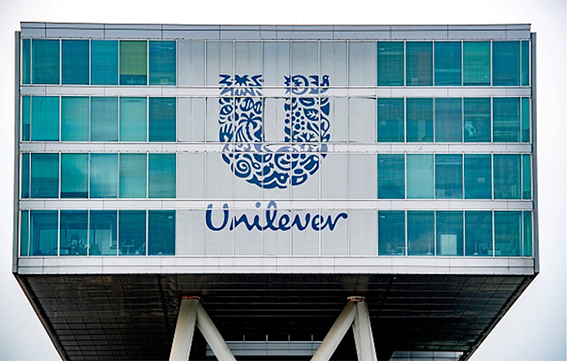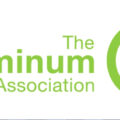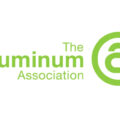According to Unilever, to avoid an even greater climate crisis and achieve a just transition to a lower carbon economy, governments, industry associations, businesses and civil society need to work together. This will allow us to create the right conditions to achieve this objective.
According to the company, they have made progress in their own activities by decreasing emissions by more than 60% since 2015. However, they recognize that action needs to be taken beyond their factory facilities.
Rebecca Marmot, Unilever’s chief sustainability officer, noted that for “achieving its climate goals requires government support. To achieve a global transition to zero net emissions and limit global warming to no more than 1.5°C, strong climate policies are needed to create an enabling environment for business to act quickly and on a large scale. For this reason, Unilever advocates and lobbies for policies that advance these goals. However, Marmot stresses that no one company alone can be responsible for bringing about this change, he added.
According to Marmot, the corporation requires the backing of industry associations in order to conduct adequate advocacy.. “In our first Climate Policy Engagement Review, we have explored the role that industry associations can play in helping to shape climate policy, with a specific focus on their alignment with Unilever’s own advocacy work.”he reiterated.
An independent study was also conducted on 27 organizations with which we collaborate, evaluating their positions and statements, as well as their record of public activity during the years 2022 and 2023. It is no longer enough for industry groups to simply say they are aligned with the Paris Agreement; Words must be matched by actions. We also hold ourselves accountable by publishing a list of engagement activities that Unilever carried out directly with governments in our major markets,” he remarked.
Following extensive research, it was found that although 18 industry associations support Unilever’s climate policies, eight of them have not shown clear engagement with governments. In addition, four other associations have a minimal commitment to this issue.
According to Unilever, there are eight industry associations that are not aligned with its priority policies, which is of concern to Marmot and the company.
“But it is also a reflection of the reality that, in many cases, industry associations are juggling competing internal and external pressures, often resulting in a ‘lowest common denominator’ outcome, something we explored in the review.”
he added.
While partnerships have the potential to drive important changes, some are inactive or may even be an obstacle to progress. It is important that these partnerships improve and that we ensure that those we are collaborating with adequately address this issue.
The review details the measures Unilever plans to implement to address the lack of consistency in its climate change position and mentions some actions already taken. These include working with industry associations to review their climate policies, establishing special committees on the issue and being more transparent about their lobbying activity.
Marmot added that although it will not be easy, over the next year they will focus on concrete and realistic actions that associations can take. The goal is for associations to be a driver of positive policy change, and if they are unable to fulfill this role, the right is reserved to withdraw their membership.













